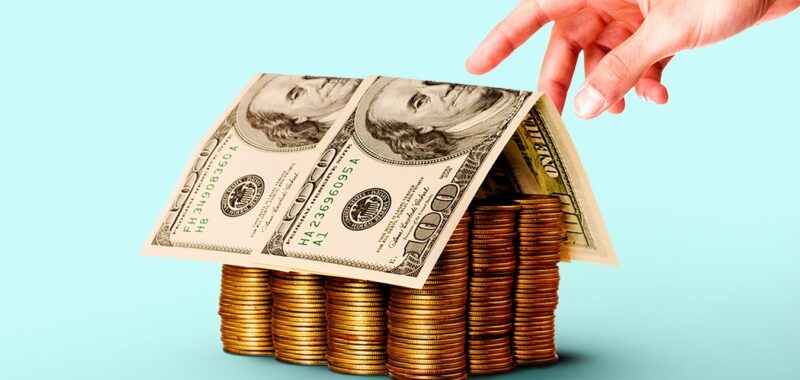The nation’s demographics continue to trend older while home prices experienced a run-up during the pandemic. That means most members of the baby boomer generation are sitting on as much as $17 trillion in home equity as of the second quarter of 2024, and they are largely planning to keep that wealth within their own families.
This is according to a December report issued by government-sponsored enterprise (GSE) Freddie Mac.
The GSE’s figure of $17 trillion held by homeowners born in or before 1964 is a higher estimate than that of the National Reverse Mortgage Lenders Association (NRMLA) and RiskSpan, which most recently pegged the total home equity held by homeowners 62 and older at $14 trillion at the end of Q2 2024.
The Freddie Mac estimate is derived from Federal Reserve data, which showed that this cohort of homeowners owns as much as 50% of the nation’s total home equity. In a survey of homeowners 60 and older, Freddie Mac found that a majority of these homeowners are confident in their ability to achieve a stable retirement as boomers also saw an increased preference toward downsizing.
While baby boomers own much of the nation’s housing wealth, a transfer to younger generations will occur over time. Three-fourths of respondents (75%) said they will leave their current home, or its sale proceeds, to a family member regardless of race or gender after death.
The youngest baby boomers turned 60 in 2024, the latest in what has been called the silver tsunami of Baby Boomers entering retirement. The new data offers an opportunity to gauge the sentiments of a cohort that has experienced several different economic cycles and developments, including both the 2007-08 financial crisis and the COVID-19 pandemic, according to Sonu Mittal, senior vice president and head of single-family acquisitions at Freddie Mac.
“The value we see placed on homeownership and its contribution to the long-term financial success of American families underscores the importance of our mission to make home possible for more families across the country,” Mittal said.
Still, sentiment around a comfortable retirement has diminished somewhat over the past few years. In 2021, 81% of baby boomers surveyed said they were confident in a comfortable retirement, but this figure dropped to 68% in 2024. Retired homeowners felt this confidence more than non-retired homeowners, Freddie Mac said.
Aging in place also remains a priority for many of them. 68% of respondents said they planned to either age in place, or do not have plans to move again. But for those who do plan to move, 66% said they would downsize into a smaller home. 90% of survey respondents who currently own a home have a residence with three or more bedrooms.
Baby boomers also expressed a desire to protect their home equity as opposed to tapping it in retirement. Only 9% of respondents said they would utilize their home equity in some form, including a reverse mortgage, to fund parts of their retirement.
“Clearly the Baby Boomer generation has benefited from our country’s unique housing finance system, and it is imperative that we ensure this system remains in place to help Boomers and the many generations that follow,” Mittal added.
“To that end, Freddie Mac has led on efforts to help homeowners access the equity in their home without affecting their interest rate, created offerings that help defray downpayment and closing costs, and enhanced our technology to help those with thin credit files qualify for a mortgage.”

